NIH
-

Fishing for a new model of tuberous sclerosis complex
A zebrafish model of the genetic disease tuberous sclerosis complex will speed new discoveries. Read MoreApr 27, 2011
-
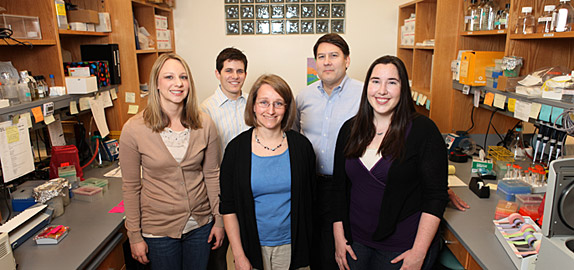
Potassium channel gene modifies epilepsy risk
The discovery of a new gene that can influence a person's risk for developing epilepsy could improve diagnostic tools and open the door for new therapies. Read MoreApr 18, 2011
-

Dialing down the mercury
Antioxidant compounds may counteract the neurotoxic effects of methylmercury, new research suggests. Read MoreApr 14, 2011
-

Mouse study offers clues for childhood obesity
An obesity-associated genetic variation makes fatty food more rewarding yet less satisfying, new research in mice suggests. Read MoreApr 13, 2011
-
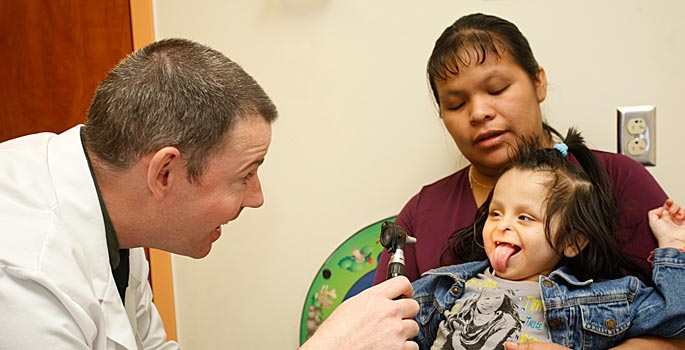
Vaccines do not harm children with metabolism disorders
A new study finds no link between childhood vaccinations and a type of metabolism disorder. The study is the latest to provide evidence of vaccination safety. Read MoreApr 12, 2011
-

Four new Alzheimer’s genes uncovered
Jonathan Haines, director, Vanderbilt Center for Human Genetics Research (Vanderbilt) Vanderbilt researchers, who helped organize a consortium including the University of Pennsylvania School of Medicine, the University of Miami Miller School of Medicine, and the Boston University School of Medicine, have identified four new genes linked to… Read MoreApr 4, 2011
-

Gene ups risk for needing pacemaker
Researchers have identified a gene that increases the risk for developing sick sinus syndrome – the most common cause for implanting a cardiac pacemaker. Read MoreApr 1, 2011
-

How young brains make sense of senses
The brain’s ability to process multiple sensory inputs continues to develop well into childhood, a recent study shows. Read MoreMar 31, 2011
-

Breast cancer vulnerable to multi-hit therapy
Combining targeted therapies may increase their effectiveness in treating a common and aggressive form of breast cancer. Read MoreMar 21, 2011
-
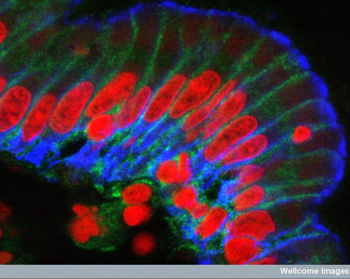
Protein combos keep cells straight
Researchers define the protein interactions that establish our organs' lining. Read MoreMar 18, 2011
-
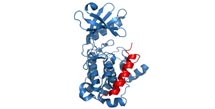
Spying on shape-shifting enzyme
New molecular views of an enzyme may inform therapies for neurological, psychiatric or cardiac diseases. Read MoreMar 18, 2011
-

Smell test tells disorders apart
Patients with certain autonomic nervous system disorders have impaired odor identification, which could aid in diagnosis. Read MoreMar 17, 2011
-
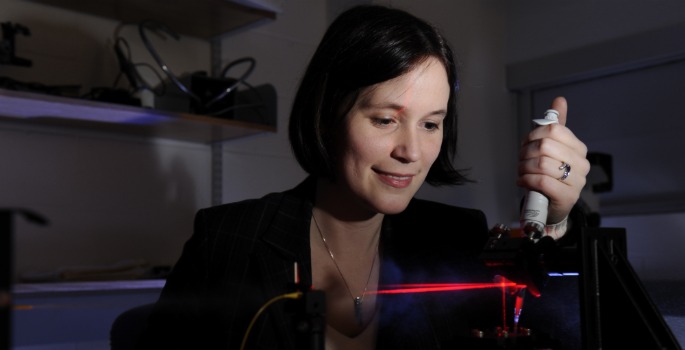
New laser technique opens doors for drug discovery
A new laser technique can measure interactions between proteins tangled in a cell's membrane and a variety of other biological molecules: extremely difficult measurements that can aid the process of drug discovery. Read MoreMar 14, 2011
-

Neuroscience drug discovery center opens at Vanderbilt
Vanderbilt University Medical Center has established a new Center for Neuroscience Drug Discovery to accelerate research that may lead to new treatments for Parkinson's disease, schizophrenia and other disorders of the brain. Read MoreMar 11, 2011
-
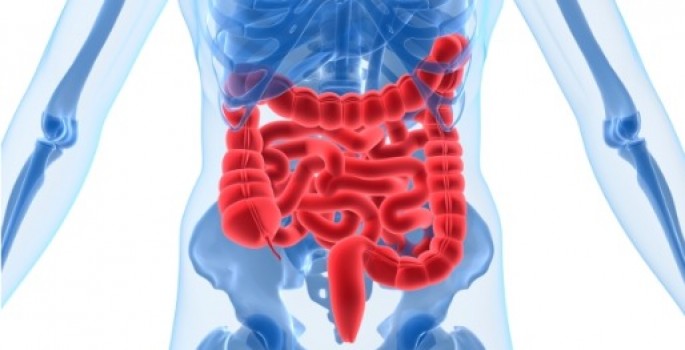
Enzyme protects against inflamed colon
Increasing an enzyme required for a type of colon tissue may help dampen inflammation, a known risk factor for colon cancer. Read MoreMar 7, 2011
-
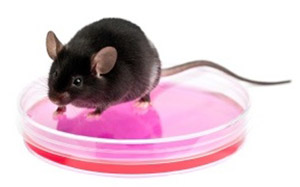
Chasing Foxd3’s role in stem cells
Researchers use genetic manipulations in mice and single-cell analyses to help explain stem cell regulation. Read MoreMar 4, 2011
-

Worm gene function? Check the map.
New gene expression atlas created for roundworms provides a basis for establishing roles for individual genes in the development of specific cell types. Read MoreMar 3, 2011
-
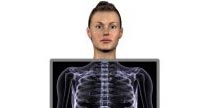
A better picture of bone strength
A component of some MRI scans reveals that "soft" components, like collagen and collagen-bound water, are important players in bone strength. Read MoreMar 2, 2011
-
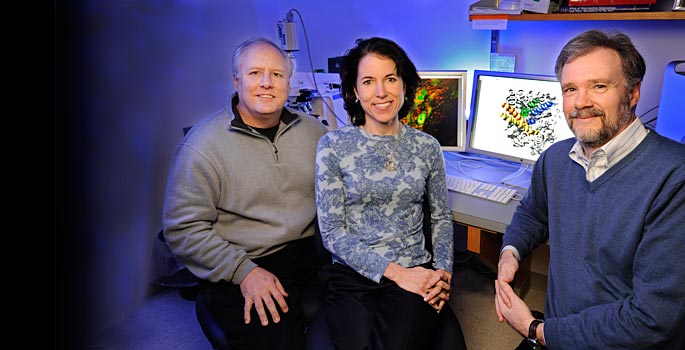
New model to test how antidepressants work
A new mouse model offers the ability to better test how selective serotonin reuptake inhibitors (SSRIs) work and could lead to the development of new classes of anti-depressants. Read MoreFeb 18, 2011
-

Vanderbilt-pioneered fetal surgery procedure yields positive results
Results of a landmark, seven-year National Institutes of Health-funded trial, Management of Myelomeningocele Study (MOMS), demonstrate clear benefit for babies who undergo fetal surgery to treat spina bifida, the most common birth defect in the central nervous system. Read MoreFeb 9, 2011